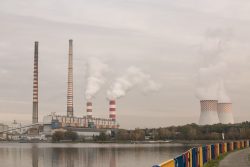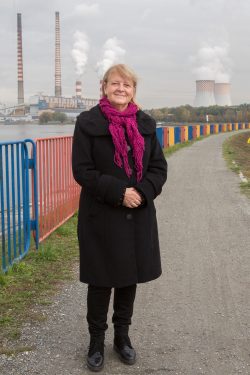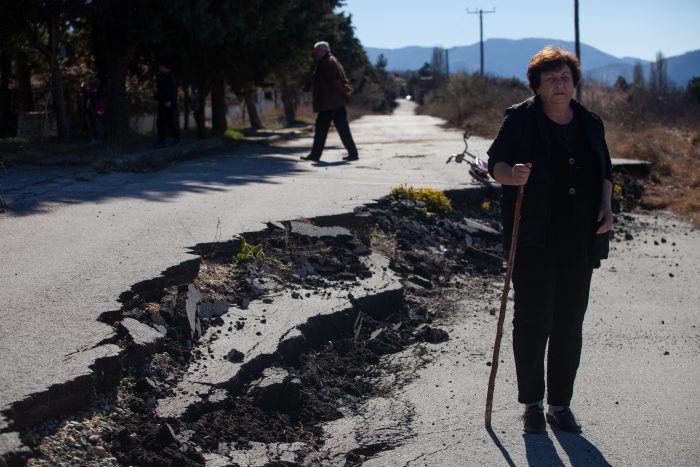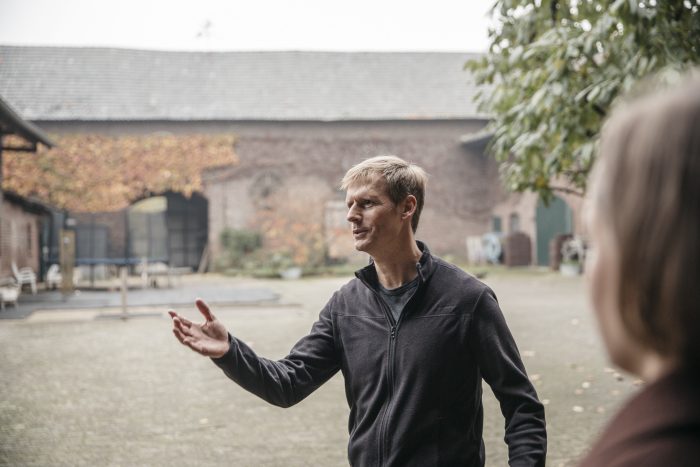Coal pollution clouds future for Rybnik
26 October, 2018
Joanna Rostek is a retired designer from Rybnik, home of the third most polluting plant in PGE’s fleet. She’s a native of Silesia where her family has lived for generations. The area is synonymous with Polish coal mining, and is heavily impacted by pollution from coal burning.
As soon as the heating season starts, and low stack emissions add to the air pollution, she says her family starts suffering from coughs, dyspnoea, and conjunctivitis. Her grandchildren have chronic runny noses and bronchitis. There were years when she would take them to the seaside in November because they could not breath and no antibiotics would help them.
“I was born here and I feel deeply sorry that my Silesia is so polluted. I want to stay here. I want my children and grandchildren to live here but in humane conditions. For the time being we resort to air cleaners so that we could feel safe at least in our homes.”
While the majority of air pollution comes from the burning of coal for home heating, the Rybnik plant remains a large single source contributing to the problem. It is also a symbol of the past, at a time when many people in Poland want to look to a cleaner, healthier future
 “Is coal a synonym of prosperity? Maybe for the group specifically linked to coal, the miners. For everyone else it isn’t because of mining damage which ruin buildings. It also means health costs which we, the people from this region, are paying. I don’t believe coal to be the only alternative.”
“Is coal a synonym of prosperity? Maybe for the group specifically linked to coal, the miners. For everyone else it isn’t because of mining damage which ruin buildings. It also means health costs which we, the people from this region, are paying. I don’t believe coal to be the only alternative.”
“People who are not miners are anxious about the future of this region, that it will collapse, because of mining. We can’t attract investment due to pollution. Young people don’t want to live here. They say: why would we?”
“I would like Rybnik to be a green place, as people told me it used to be. Like the place I remember from my childhood. We’re not a nomadic family. We’ve lived here for generations, have a home here. I would like my children to see their future here but for now it doesn’t look so bright.”



